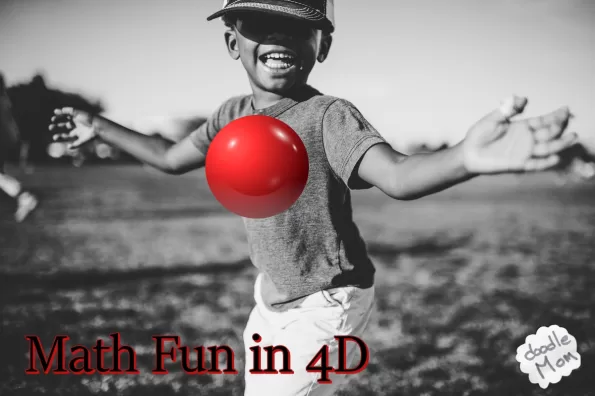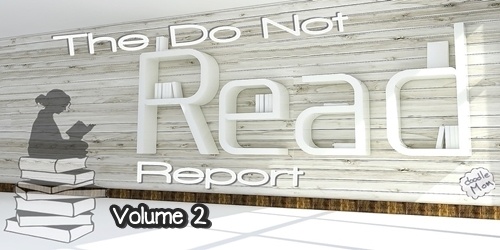I have been thinking about the central part which history plays in the teaching of our children. It is the subject most often sidelined or corrupted in public schools, which really only serves to indicate the importance of the subject. We decided a while back that the best way to learn is not by reading someone’s interpretation of an idea or subject, but to read the work written by the original authors as much as possible. In math, this means wading through Euclid as a means to understanding Geometry. In physics we use Richard Feynman as the introductory source, with others like Maxwell and Schroedinger for further study once the kids get a bit older. It means reading and understanding the true and corrupted nature of Darwin and the heroism and courage of Bonhoeffer. It is actually quite easy to structure homeschooling around original sources, although sometimes this means finding an English translation of a text. But most of the important history of Western Culture can be understood if all you know is English.
I read a certain series of history texts, recommended by fellow homeschooling parents, to my children when they were younger. Together we would read a chapter or two a day and add to a general history timeline that lines our dining room with thoughts and summaries (and eventually analyses) in the form of sentences on 3×5 cards or drawings or paper models or maps. I found myself editing a good bit of these texts as the details the author often chose to highlight were utterly inappropriate to place in my children’s minds, either sexually graphic or flat out graphically violent. But my children loved the survey of history and the magnificent way that the author can craft a sentence, and so we made it through two and a half of the books. Unfortunately, as the series goes on, it seems that the athor liked writing them less and less – the quality of the writing declines and the author’s choice of events to highlight are shockingly skewed and no longer follow a logical train of thought.
And so we aborted our journey through history with the author and switched this year to a two-pronged approach with the History of the English Speaking Peoples by Winston Churchill and a massive text written by Jacques Barzun. Barzun was at the end of his lifetime when he wrote this study of the development of western culture from 1500 to the present, and the picture he can paint of life through history is absolutely masterful. It is a perfect text to use with middle age kids simply because it opens up so many questions that can be discussed, stimulating with vivid pictures of life in the past and descriptions of the questions people struggled with in olden times that we struggle with today. And Barzun manages all this without examples that need massive editing. He does not rely on the shock value of inappropriate violence or sex that peppers the other books. Instead Barzun engages with his ideas.
It was not until last week that the difference between the two authors hit me so starkly. I recently read (in a wonderful book called Cuckservative ) a description of rhetoric that caused me to go back and understand the motivation of the teachings developed by the ancients that were adapted in medieval times to resemble the classical education referenced by Dorothy Sawyers in her famous-to-homeschoolers argument for schooling your children in a classical style. Rhetoric is the difference between the other books and Barzun.
The first author is all rhetoric and little substance, appealing to “the lowest common denominator” with a “let the experts think for you” approach, and reading Barzun is like sitting in front of the fire and listening to a Grampa talk about the old days while he weaves your family history with events, technology developments, wars, and developments in the arts in the masterful manner reserved for those who have lived and learned.
And so the rhetoric and shock value of the first author’s writing was summarily rejected by my children, and they naturally embraced Barzun exactly because he does not use rhetoric but challenges his reader to think and evaluate.
References:
Jacques Barzun (the thoughtful)
- From Dawn to Decadence: 1500 to the Present: 500 Years of Western Cultural Life
Winston Churchill
- The History of the English Speaking Peoples
Vox Day and John Red Eagle
- Cuckservative: How “Conservatives” Betrayed America
Richard Feynman
- Lectures on Physics
Dorothy L. Sayers
- The Lost Tools of Learning







